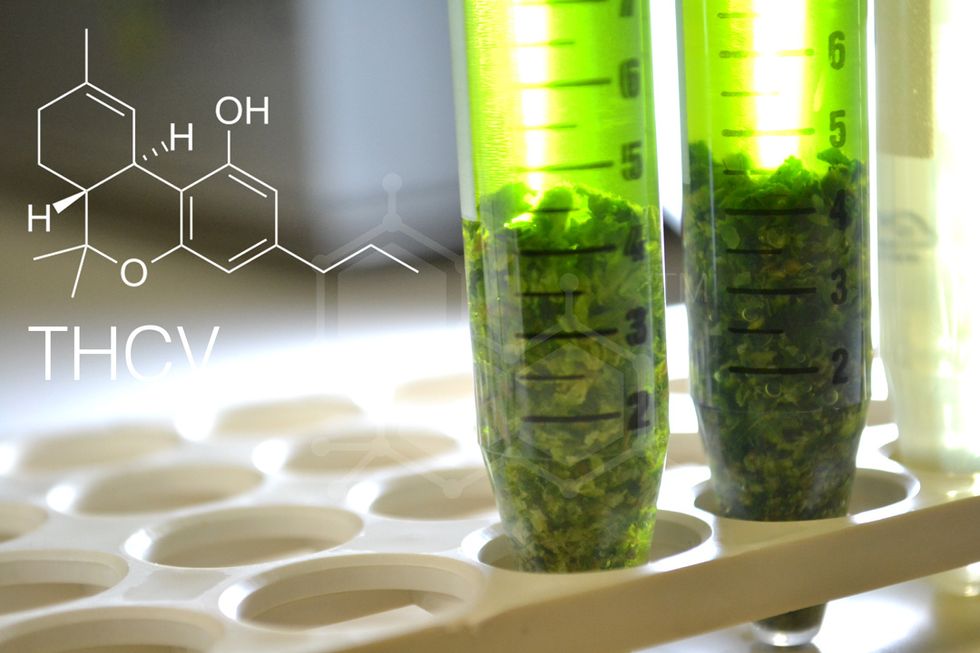20% Of Legal Weed Can’t Pass Lab Tests
It’s been three months since lab testing guidelines (established by Prop. 64) took effect in California, and according to recent reports, the majority of companies have been struggling to pass.
Before a retail product can make it to shelves, it must be tested for the presence of any contaminants, as well as banned pesticides.
In addition, a sample of each product must be tested for potency. This includes the amount of cannabinoids present and more specifically, a breakdown of how much THC and CBD each product contains.
By the end of the year, each sample must also be tested for terpenoids (terpene levels) and heavy metals.

According to the California Bureau of Cannabis Control, 10,695 samples had been tested between July 1st and Aug. 29th, and 1904 did not pass. Unfortunately, this confirms earlier reports of a 20% fail rate in the legal market.
Despite this grim report, the news is not as bad as it seems. The majority of the failed samples concern edibles, roughly one third of which are being prevented from reaching stores.
In total, 651 samples of edibles failed out of the 1979 that were sent for testing, making the failure rate around thirty three percent.
Besides the presence of banned pesticides, improper labeling was the next biggest reason samples were failing. Almost 65% of samples had the wrong THC content, 1279 in total.
One of the biggest complaints companies have concern the rules for THC content. In order to pass testing, the sample must be within 10% of the labeled THC content. A task that many have found impossible
While these lab testing limits were established by Prop. 64, they may have been too harsh, and now need to be revisited in order to keep hard working people in business.


